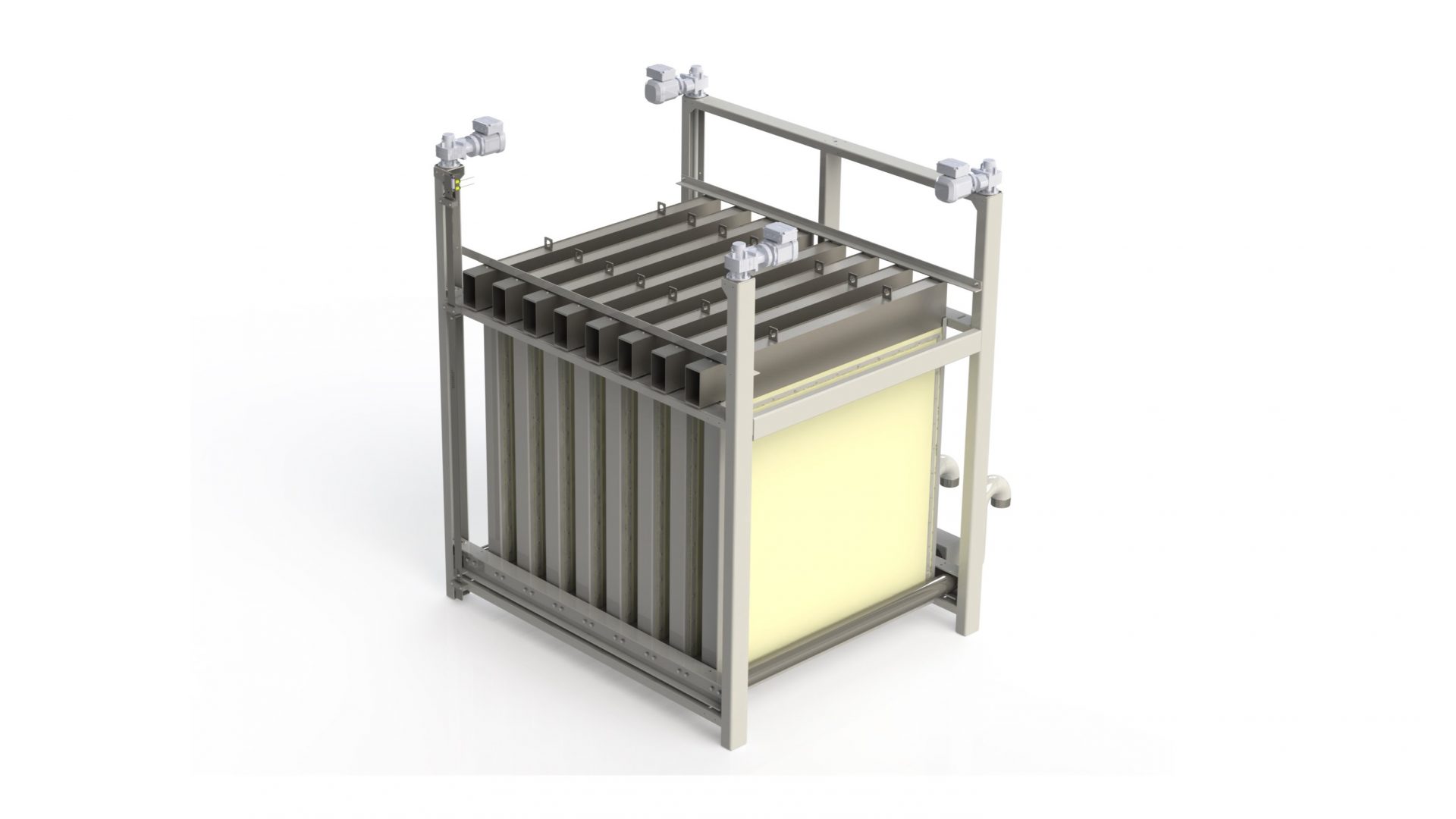Anticipated growth in the global water and wastewater treatment market underlines the need for efficient filtration technologies to meet rapidly growing demand, says Alfa Laval.
Analysis from 360 Market Updates has stated that the sector is set for a compound annual growth rate of 3.5% from 2022 to 2028, from $3.6bn to $4.8bn due to diminishing freshwater resources and subsequent rising need for water reclamation.
According to Ian Forrester, Business Unit Manager for Separation Systems at Alfa Laval, municipal and industrial wastewater management stakeholders should review older existing equipment in anticipation of this expected pressure.
“Water is subject to scarcity like all other resources but remains absolutely fundamental to all aspects of our lives, from human health to industrial and municipal applications,” explains Ian. “Consequently, as freshwater availability dwindles, it is vital that processes around reuse and reclamation are as high-performing as possible.
“Filtration systems are vital to this, and of this equipment, cloth media filters have an outsized role to play in ensuring water can be reused more efficiently, especially when compared to their sand media counterparts. This is crucial when considering how important retrofitting filters will be to enabling more cost-effective renovation, given that ageing filtration equipment is common across many industries.”
Taking this into account, Alfa Laval has launched its new Iso-Disc® Cloth Media Filter for tertiary filtration and final polishing of wastewater in municipal and industrial applications. With a fully automatic, continuous operation and outside-in filtration flow pattern, the Iso-Disc® carries out a gravity-driven, completely submerged process to ensure the entire polyester and acrylic filter is always used, maximising efficiency.
As a result, it can remove residual solids down to 10 µm for a high final effluent quality while handling tertiary filtration and capacity needs in industrial and municipal settings. Furthermore, the filter element’s square or rectangular shape and lower height within the hydraulic profile of existing plants enables easy, compact and cost-efficient retrofitting.
“The pressure to do more with less can be felt across all industries, and wastewater filtration is no exception,” concludes Ian. “Yet the extensive civil works required to fit sand filters can result in much higher capital costs, even before considerations such as transporting sand media and its degradation over time.
“Reclaiming wastewater either for industrial processes or for high-purity purposes is crucial to all aspects of our lives, so selecting the right components can result in a virtuous circle. Effective filtration not only reduces process costs by improving performance and reducing water fees – optimising performance in this key application also safeguards vital natural resources.”



